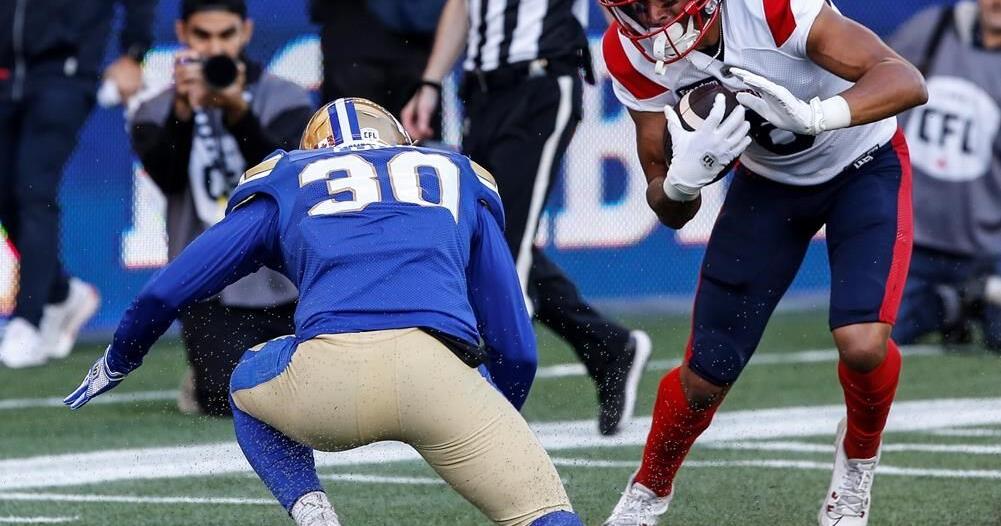For the first time in recorded memory, Pierre Poilievre is holding his tongue. Despite being roundly mocked for his embrace of cryptocurrencies like Bitcoin when it crashed in spectacular fashion in 2022, Poilievre has been conspicuously silent in the face of an equally spectacular rally that briefly pushed its price to a record high. It raises an interesting question: Why is a politician who delights in dunking on his opponents passing up such a golden opportunity?
It might be because Poilievre’s cryptocurrency advocacy predated his image makeover, one that has helped push him past — way, way past — Justin Trudeau in the polls. It might be because he’s already gotten burned here once before and understands that any attempt to gloat about Bitcoin’s price spike could easily backfire. Heck, it might even be because he understands the rally actually undermines his argument that people can use cryptocurrencies to “opt out of inflation,” since the price bottomed a few weeks after inflation peaked in June 2022 and has been moving in opposite directions ever since.
Or, in an interesting twist, Poilievre’s silence might be a function of mere personal embarrassment. While his February 2023 disclosure to the Office of the Conflict of Interest and Ethics Commissioner included holdings of the Purpose Bitcoin ETF (MPs must identify the nature and value of assets and liabilities that exceed $10,000), his most recent disclosure statement from September showed no such investment. That isn’t because its value declined, either, as the price of the exchange-traded fund in question rose by approximately 11 per cent over those six months. The most logical explanation is that he sold some — or maybe even all — of his much-ballyhooed Bitcoin assets right before they went on a tear.
Poilievre, then, might have unwittingly opted out of Bitcoin’s biggest rally in years. But that’s far from the only irony at work here. While Bitcoin enthusiasts like to talk about how they’re distancing their financial lives from the traditional “fiat” system, the recent rally has been powered almost entirely by that same fiat-oriented system and the on-ramps it’s building into the crypto world. The creation of new exchange-traded funds in the United States that allow people to buy Bitcoin through their existing financial institutions (rather than any number of cryptocurrency exchanges that have gone bust due to overt fraud or mere incompetence) has sent huge volumes of money into Bitcoin and other cryptocurrencies that were never willing to go there before.
If you get the sense that I enjoy pointing out these ironies, well, you’d be right. I’ve long been a skeptic of Bitcoin and other cryptocurrencies, and the latest price surge doesn’t change that. Are they useful vehicles for financial speculation? Obviously. Is there a use case for them in developing economies where people need to guard against unstable and unpredictable governments and their impact on the value of assets and national currencies? Absolutely.
